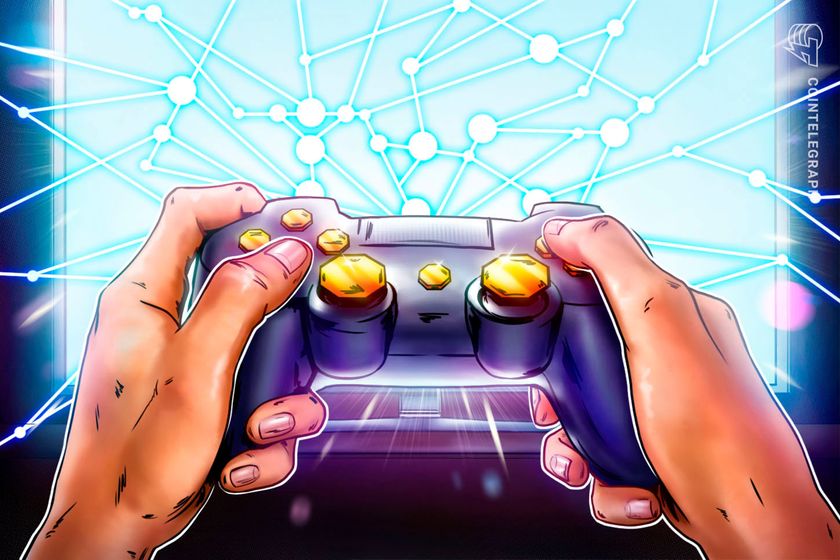
Today's gamers are going to spend — on average — more than $6,400 on purchases they can't use outside of the platforms on which they were purchased.
Today’s gamers have spent hundreds — sometimes thousands — on in-game purchases that are supposedly theirs to keep. The reality is that they often have nothing that is lasting, and that isn’t fair.
New research shows the horrible reality of the situation. Gamers are set to spend $6,425.13 on virtual items over their adult lifetime without ever receiving anything physical to show for it, according to a study commissioned by Unstoppable Games and conducted by OnePoll.com. The survey asked 2,000 gamers and found that the average gamer will spend $8.74 per month — that’s $104.90 per year — on a total of three purchases. Character skins, weapons and extra lives were the most commonly bought items.
Statistics like these leave gamers feeling furious, or worse, like suckers. Of course, it’s fair to pay for entertainment — for experiences. But if you’re buying the virtual equivalent of a sword, skin, cloak or whatever else, it should be analogous to such an item in a physical game. You should be able to do with it as you wish.














